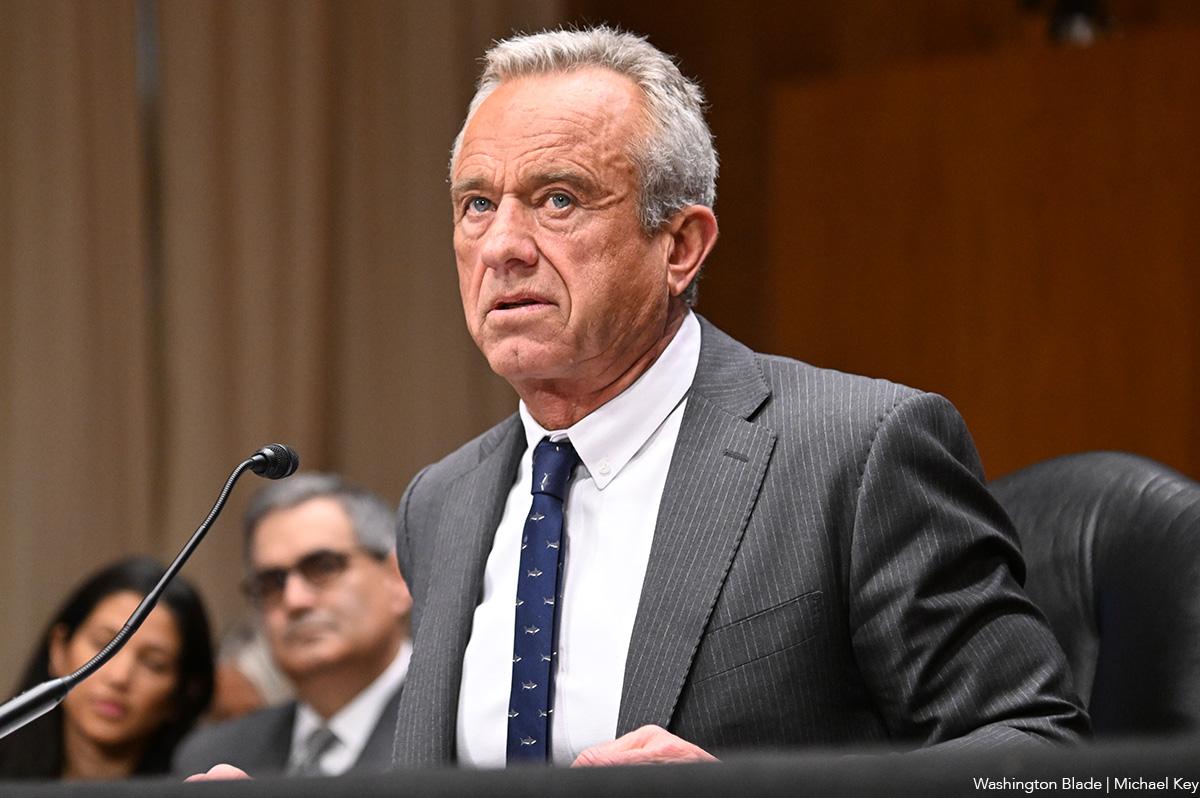Robert F. Kennedy Jr., an independent candidate in the 2024 U.S. presidential election, has stirred intense national debate by declaring his support for banning gender-transition surgeries for minors. His stance—hailed by some as a bold defense of children’s rights and condemned by others as an attack on transgender youth—has placed him at the center of one of the most divisive issues in modern American politics. As more states propose or pass legislation restricting gender-affirming care for minors, Kennedy’s position adds fuel to a culture war that shows no signs of slowing.

Kennedy, known for his controversial views on vaccines and government overreach, now argues that children are too young to consent to irreversible medical procedures, including hormone therapy and surgical transitions. He emphasizes the need to protect minors from what he calls “experimental treatments” and suggests that decisions about such life-altering changes should only be made once a person reaches adulthood. He frames the issue not as an attack on the transgender community, but as a safeguard for youth who may later regret early medical interventions.
Supporters of Kennedy’s position applaud his willingness to speak out on a subject that many politicians tiptoe around. They point to growing numbers of detransitioners—individuals who underwent gender transition procedures and later reversed course—as evidence that caution is warranted. Proponents argue that teenagers, especially those dealing with complex issues of identity, peer pressure, and mental health, may not be capable of making permanent decisions about their bodies. For these advocates, Kennedy’s approach represents a return to common sense and a defense of vulnerable young people who need time, therapy, and support—not surgery.
Some also argue that the medical community has moved too fast on these treatments without fully understanding the long-term consequences. They cite concerns about puberty blockers, hormone replacement therapy, and surgeries such as double mastectomies or genital reconstruction being performed on individuals as young as 13 or 14 in some cases. From this viewpoint, Kennedy is calling for a pause—not to erase trans identities, but to prevent what they believe may be a public health mistake born of ideological zeal.
However, critics of Kennedy’s proposal warn that banning gender-affirming care for minors could have severe consequences for transgender youth. Major medical organizations, including the American Academy of Pediatrics and the American Medical Association, support access to gender-affirming treatments for minors under carefully supervised conditions. These treatments, they argue, are not rushed but are the result of lengthy evaluation processes involving doctors, mental health professionals, and families.
Opponents also argue that banning these procedures strips trans youth of agency and can worsen mental health outcomes. For many transgender teens, gender-affirming care can reduce depression, anxiety, and suicidal ideation. Critics see Kennedy’s position as part of a broader wave of anti-LGBTQ+ sentiment disguised as concern for children. To them, Kennedy’s stance amounts to government interference in deeply personal medical decisions that should be made by families and their healthcare providers—not politicians.
Moreover, civil rights advocates say the proposal undermines bodily autonomy, a principle that resonates across political lines. They question why Kennedy, who has often framed his politics around individual liberty and freedom from government control, would support a policy that directly limits the rights of families to make medical decisions for their children. This apparent contradiction has drawn criticism even from some of Kennedy’s usual allies.
Despite the controversy, Kennedy’s position reflects a wider national reckoning over the role of gender, science, and politics in shaping youth health policy. More than 20 U.S. states have passed or introduced laws that restrict or outright ban gender-affirming care for minors, with court battles ongoing. The topic has become a political litmus test in elections, town halls, and school board meetings nationwide.
Whether one agrees with Kennedy or not, the conversation he is fueling is a reflection of deep divisions in American society over identity, parental rights, and medical ethics. As the 2024 election nears, the question of where the line should be drawn—between protection and overreach, between care and harm—will remain a defining issue. And for Robert F. Kennedy Jr., the answer to that question could help define his campaign.






